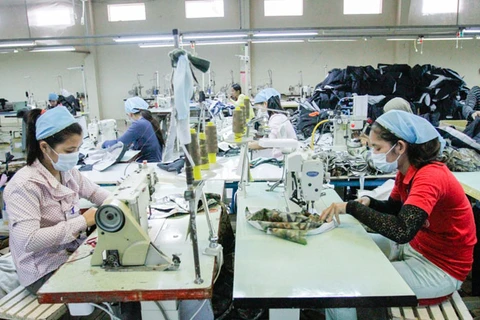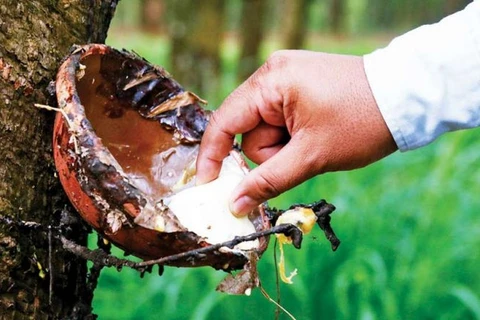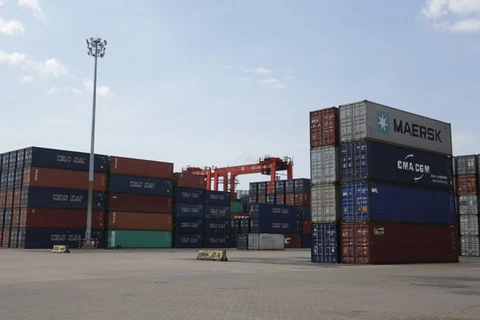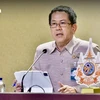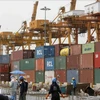Phnom Penh (VNA) – The Cambodian government on April 21 urged domestic instant noodle producers to increase daily output to nearly 700,000 boxes, aiming to maintain a stable supply and price of the product in the market amid the COVID-19 pandemic.
The move follows Prime Minister Hun Sen's order on April 5 for noodle producers and bottled drinking water companies to boost production during the outbreak.
The government said Cambodia currently has three instant noodle factories with an output of about 670,000 boxes per day. These factories have been required to set up a stockpile of about 150,000 boxes of noodles.
Previously, on April 16, Cambodian Minister of Agriculture, Forestry and Fisheries Srey Vuthy said the government has encouraged local importers to buy pork products for stockpiling with the volume of 130 tonnes per day in the next three months as part of effort to ensure adequate supply of food and foodstuff to people during the COVID-19 outbreak.
Annually, Cambodia consumes about 290,000 tonnes of meat, including 82,000 tonnes of beef, 153,000 tonnes of pork, 54,000 tonnes of poultry and 165 tonnes of other meats. The Southeast Asian nation can produce 239,000 tonnes of meat, meeting 82 percent of domestic demand./.
VNA

